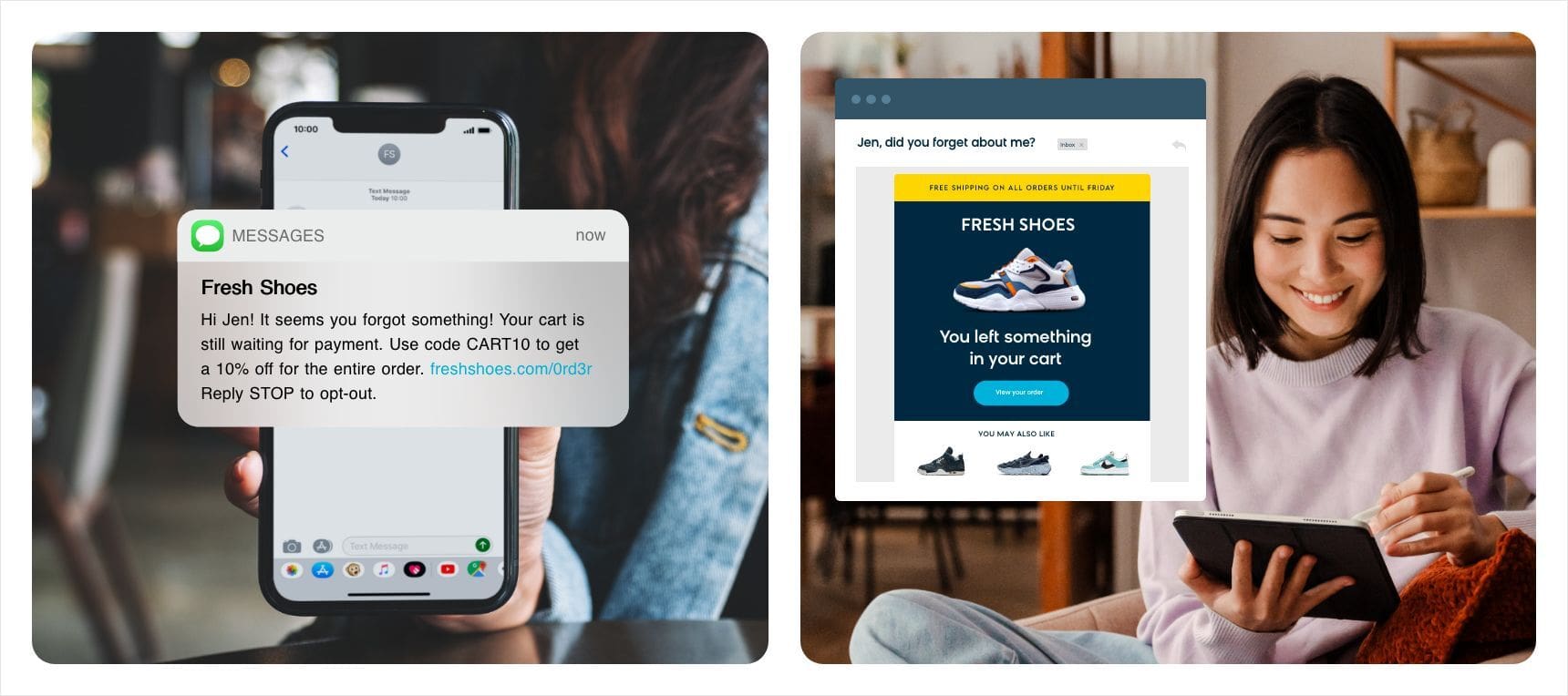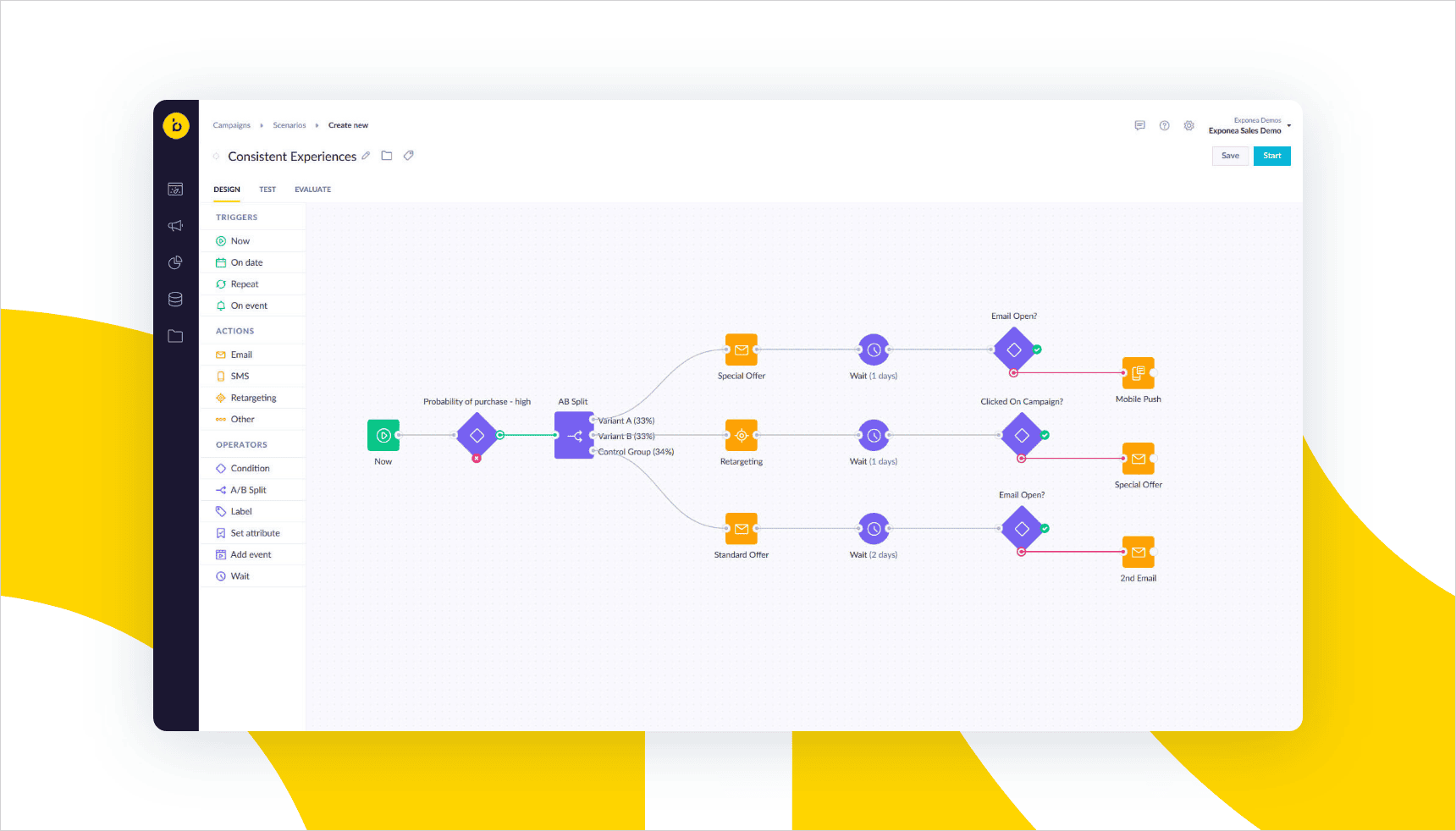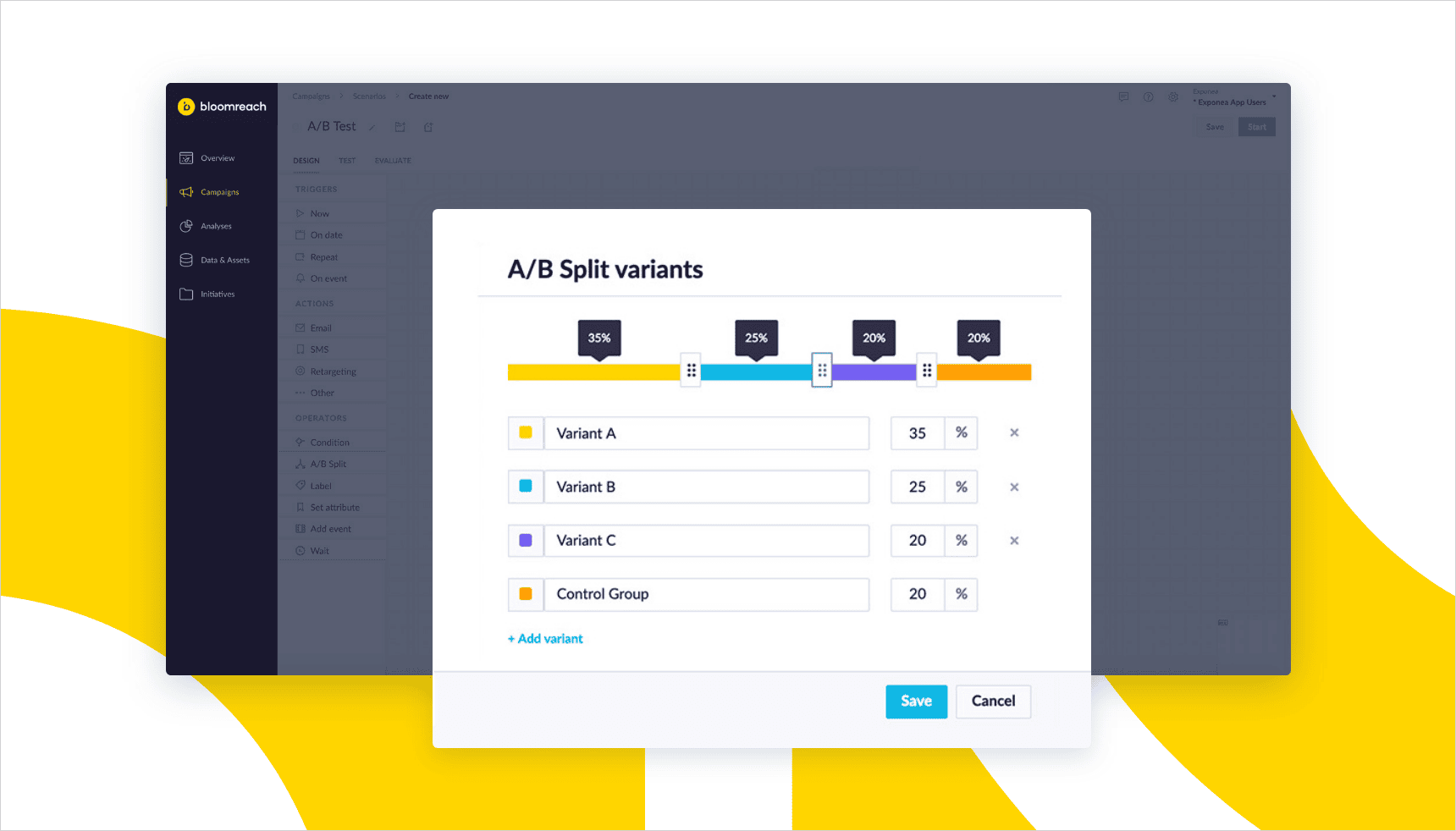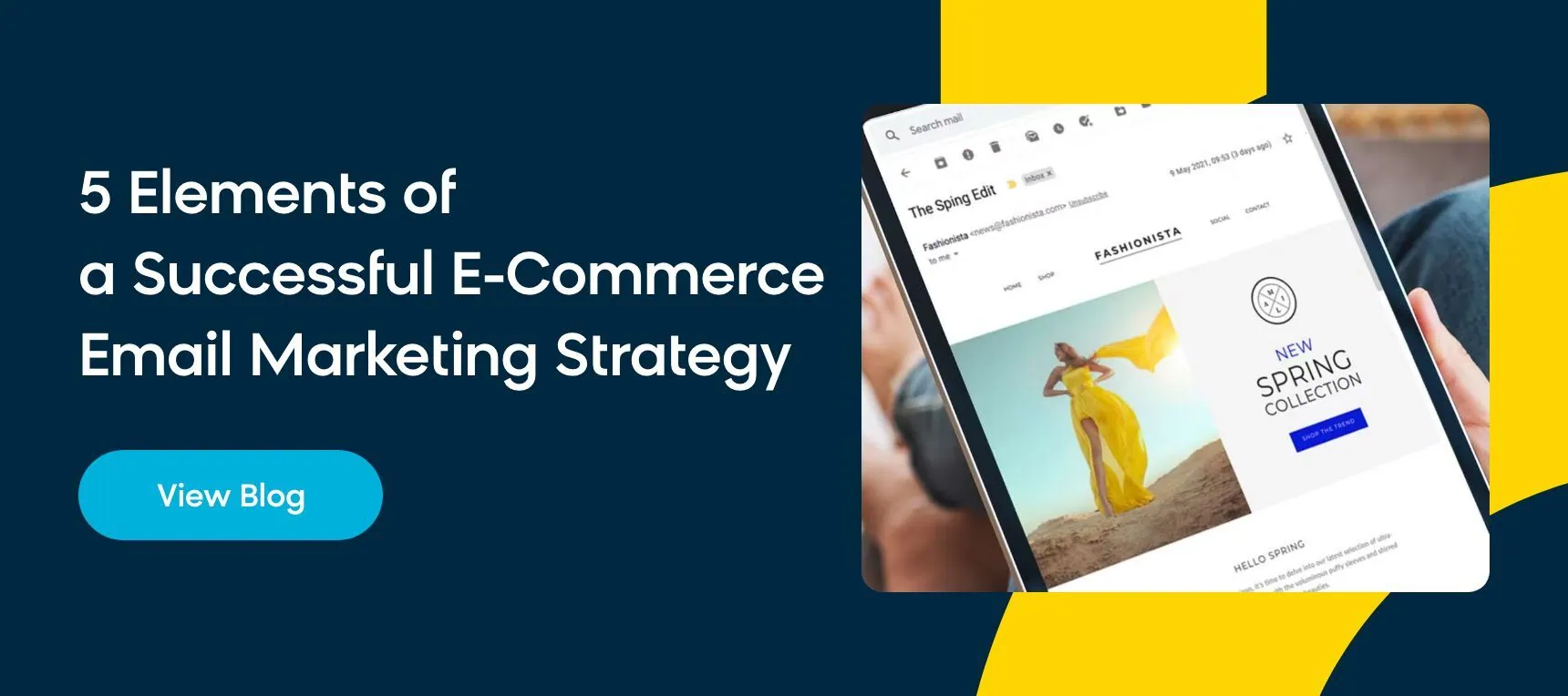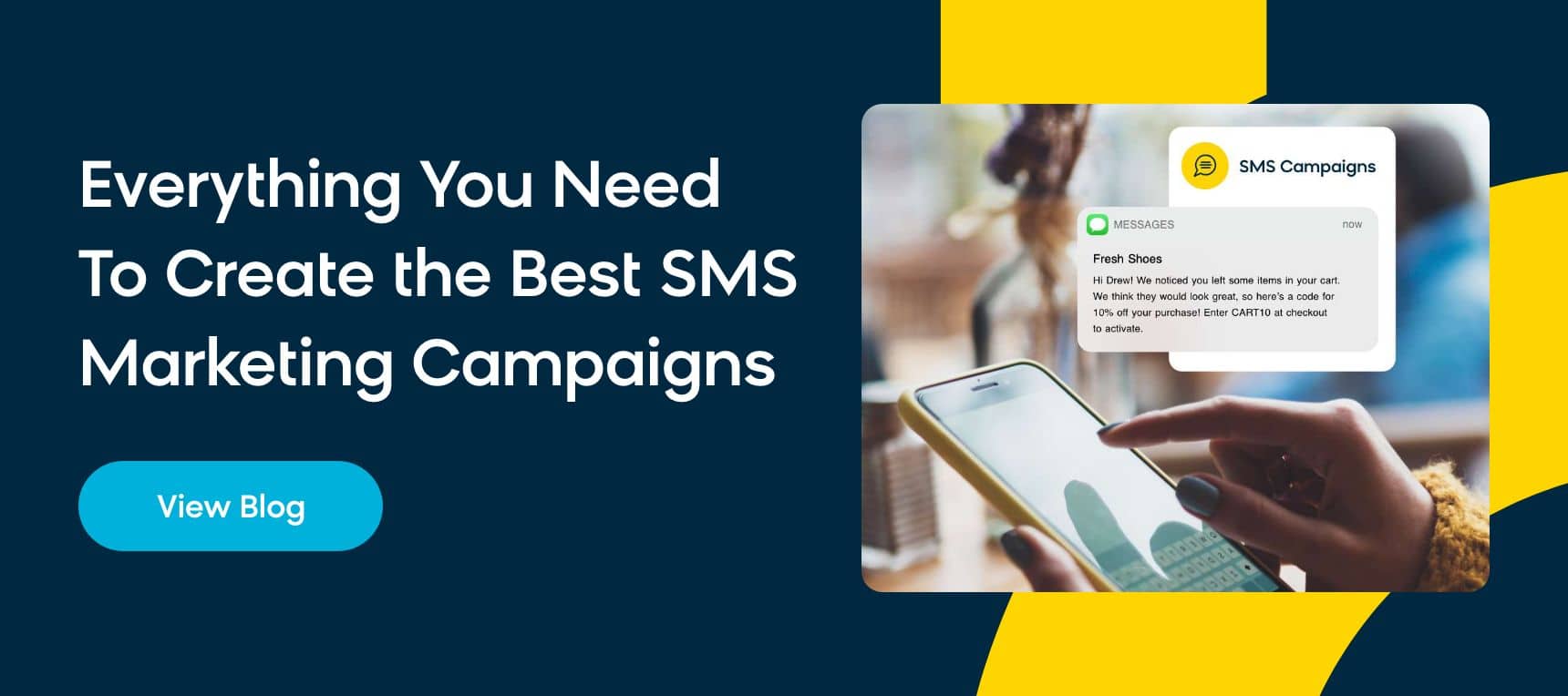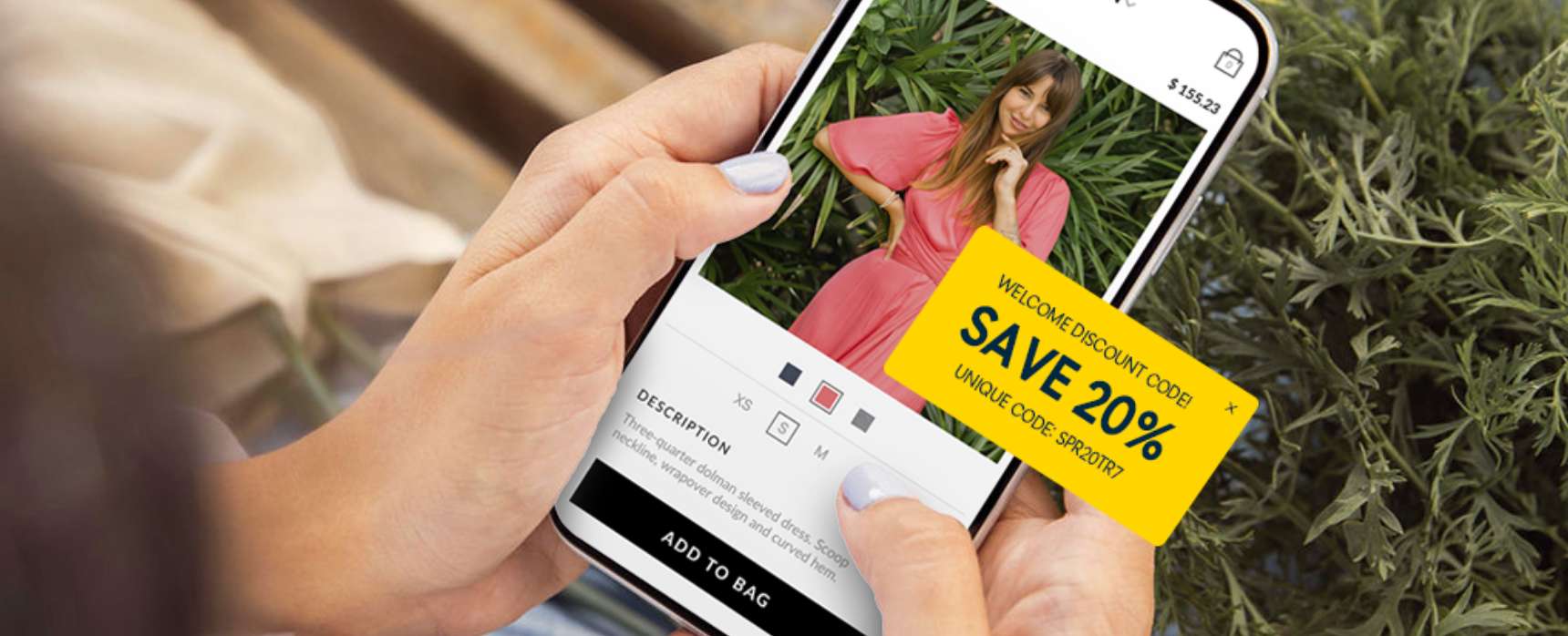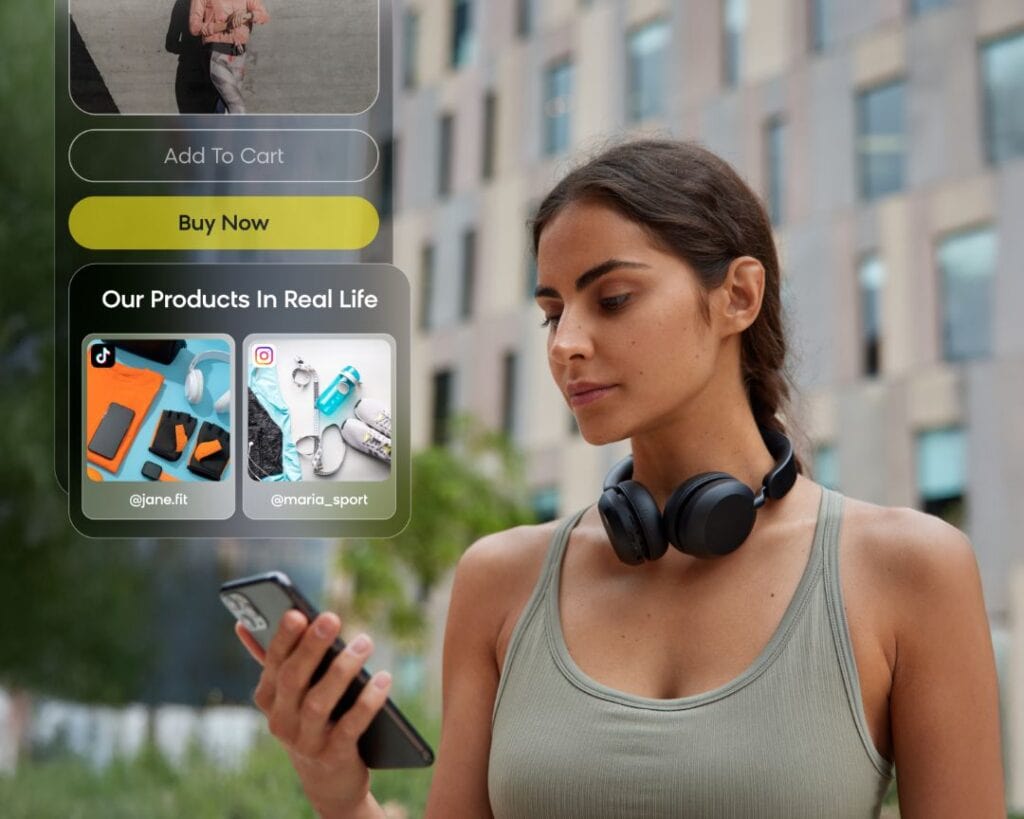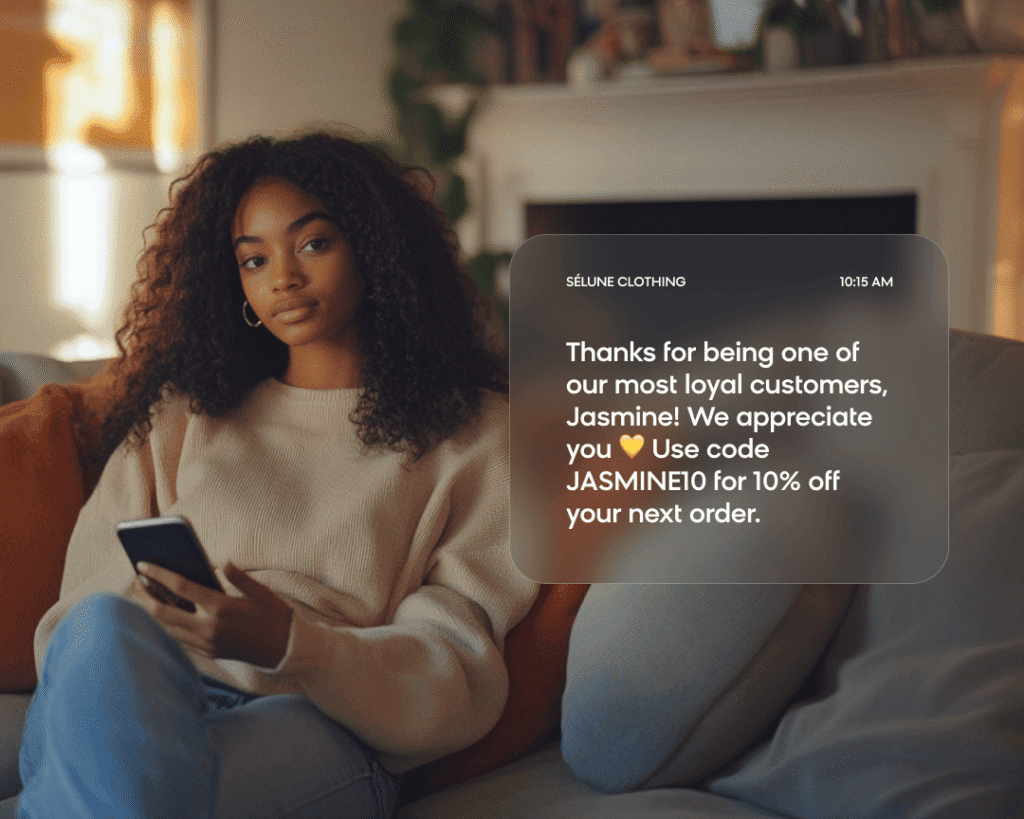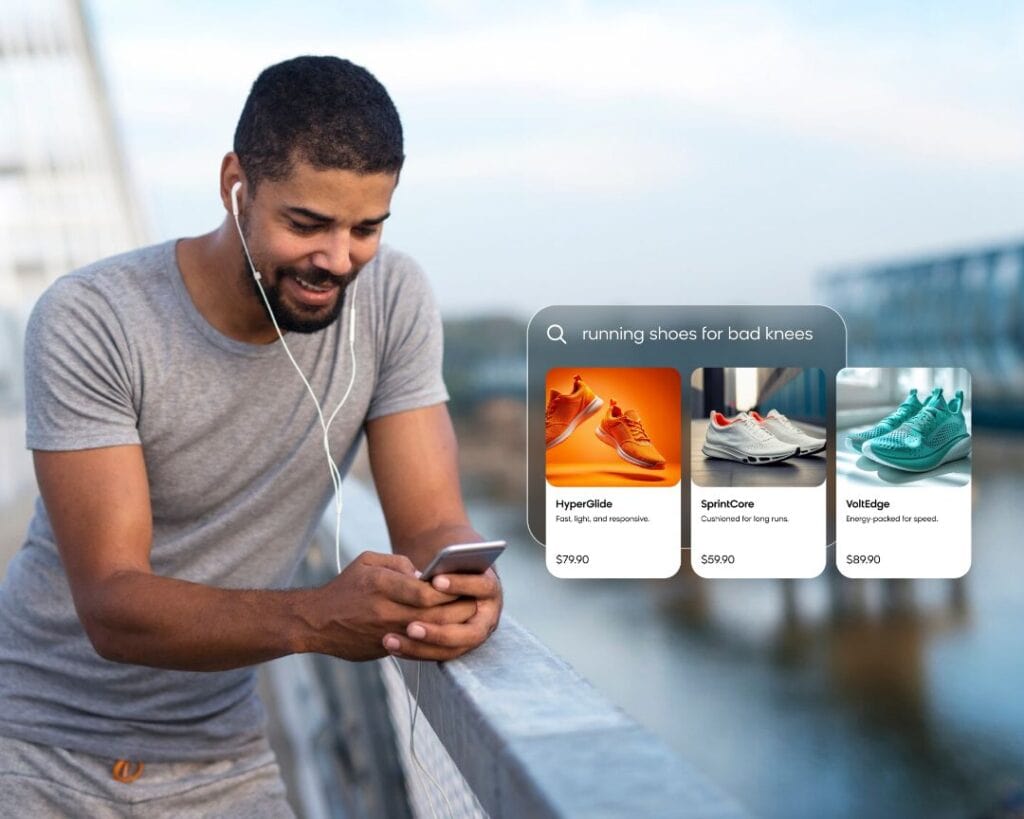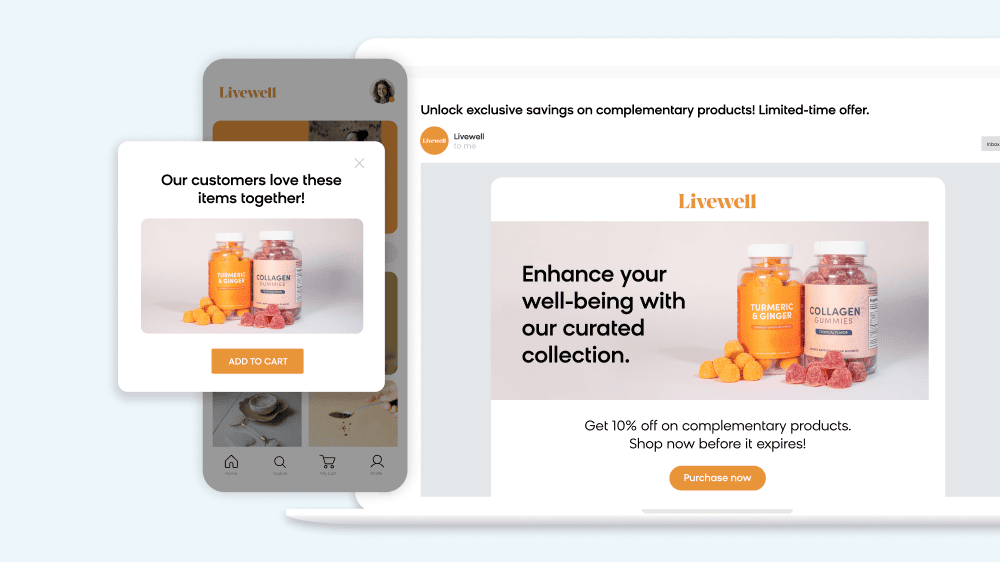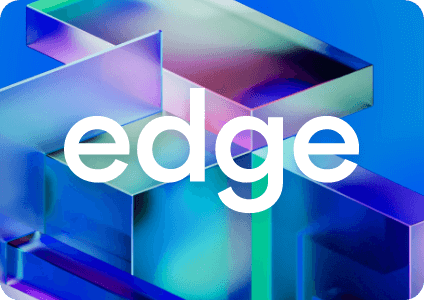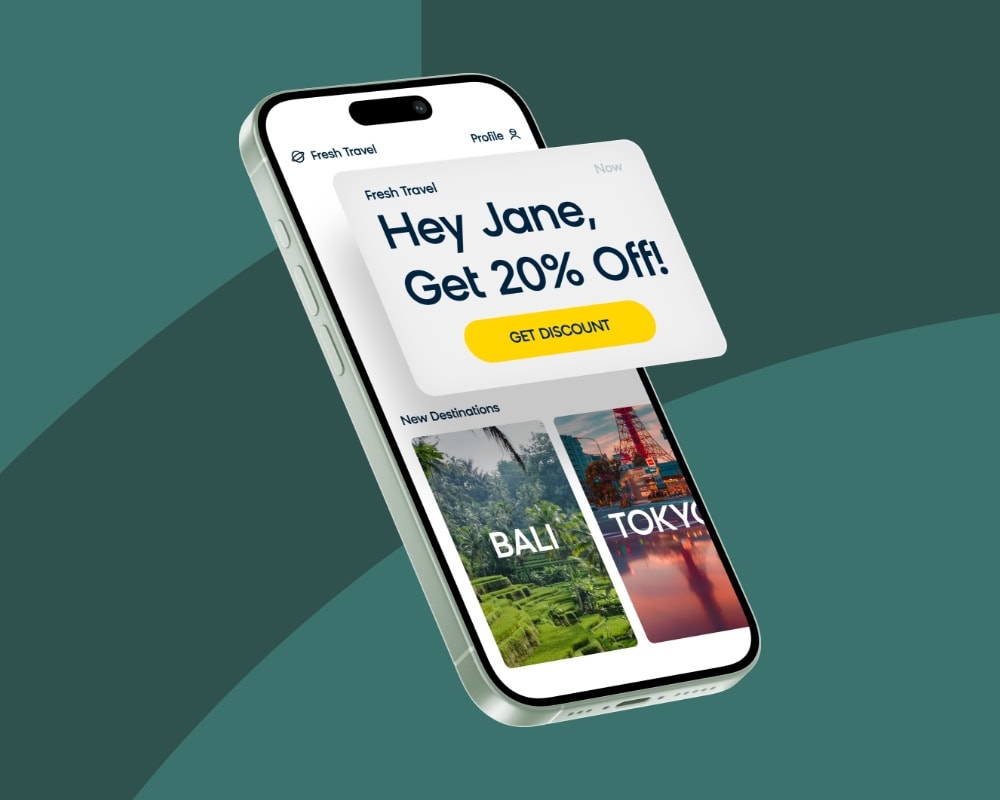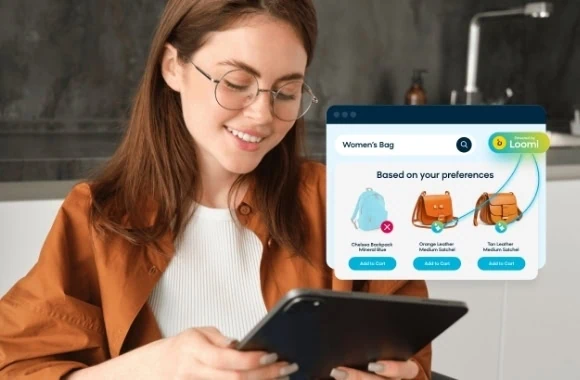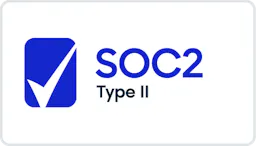Thinking about investing in marketing automation for your ecommerce business? If so, you’re not just thinking ahead for the future of your brand — you’re making the right move for the here and now.
The fact is, every modern business should be harnessing the efficient, lucrative toolset that ecommerce marketing automation offers. And when you take a look at the current digital landscape, it’s easy to understand why.
Setting the Stage for Marketing Automation
Online shopping is now the main method for consumers to buy from brands, which means your online store isn’t just a convenient add-on to your marketing strategy. It’s the end goal of all your customer interactions.
Ecommerce Is King
Global retail ecommerce sales hit $4.9 trillion in 2021 — a figure that’s estimated to rise by 50% over the next four years. So business owners and marketers need to know how to take advantage of emerging ecommerce trends, such as ecommerce marketing automation, to give their online shoppers the best personalized digital experience, and to build both brand loyalty and increase sales.
This rapid rise of ecommerce has forced many teams to reevaluate their marketing automation tools and tactics, and with good reason. Strategies quickly shifted to revolve around the ecommerce store, and digital marketing channels are now the pillars of any successful marketing strategy.
Marketing Platforms Make It Happen
To make your ecommerce store successful, you need the right tools for the job. That’s why choosing the right ecommerce marketing platform is so important for businesses.
There are tons of platforms available for marketers to utilize, from niche software that you can use to build a tech stack or an all-in-one solution that offers everything you need in one convenient place. But of all the capabilities available, marketing automation can be the most helpful — and profitable — tool for your business to put into practice.
Marketing Automation Software Is Essential
Traditionally, marketing was a costly and time-consuming affair. But with the rise in new automated ecommerce technology, many of the labor-intensive processes can now be handed over to technology tools and systems to execute automatically.
Ecommerce marketing automation can leverage customer and product data to create personalized campaigns for online shoppers, which both enhances their experience and drives businesses’ top line.
What Is Ecommerce Marketing Automation?
Essentially, ecommerce marketing automation allows a business owner or marketer to replace manual, repetitive marketing tasks with marketing automation software or tools that can both manage and monitor repetitive workflows.
These workflows might span multiple channels, such as mobile, web, email, and in-app, and may include tasks such as lead management, email nurturing, remarketing ads, personalizing content, and retargeting messages.
By using a marketing automation tool, employees, marketers, and business owners can make specific data-driven decisions about nearly every aspect of their communications, and offer unique experiences to each customer based on their habits and preferences.
Put simply, marketers can use ecommerce automation to put their marketing efforts on autopilot, so they can get on with other jobs or focus on other areas of the company.
This concept of doing more with less isn’t just so marketers can sit back, relax, and pay less attention to their campaigns. It is meant to free up valuable time by replacing repetitive tasks with automated workflows, allowing marketers to concentrate on the most important goals they’re facing.
With an ecommerce marketing automation platform, you can preprogram routine marketing efforts so your team can work on areas that will have the most impact on your business — like building a new strategy to increase customer lifetime value, expanding your customer retention efforts, crafting a cross-channel strategy for your email and SMS campaigns, and so on.
Learn more about how you can implement a workflow that streamlines email marketing, social media management, content marketing, and more:
Benefits of e-commerce marketing automation
Ecommerce marketing automation can free up a considerable amount of time and energy for your marketers, customer relationship management (CRM) managers, and merchandisers so they can focus on more relevant tasks that need “the human touch.”
Higher Time to Value
One of the biggest benefits of automation software is the time to value (TTV) it offers your team. Ecommerce marketing automation can provide immediate advantages, resulting in quick TTV within your company.
With automation software, you only need to set up an automated workflow once to start seeing results. Once it’s set up, you can let it run on autopilot and get to work on other important tasks.
At a time when budgets are being reduced, teams are being squeezed, and everyone is encouraged to be more creative with their resources, automating as much as you can within your company makes good business sense.
Relying Less on IT
Using a marketing automation platform also minimizes the reliance on IT departments, which are often busy or slow to respond to requests. This puts more power in the hands of the people who know the ins and outs of ecommerce marketing.
The best marketing automation platforms will feature intuitive interfaces that allow you to quickly personalize online campaigns — without the need for technical support.
Expanded Segmentation Capabilities
Ecommerce marketing automation also makes it easier to segment customers based on preferences and past actions.
The more your customers (and potential customres) interact with your brand, the more data you obtain to make informed, targeted campaigns. By automating routine marketing efforts, you can offer more opportunities to understand their wants and needs.
Plus, ecommerce marketing automation can help you use all that data to create future-focused campaigns based on specific scenarios. If a customer interacts with a campaign, you can automate their next interaction with your brand. If they don’t, you can automate a different next touchpoint.
Instead of using guesswork or sending campaigns based on unknown preferences or actions, you can automate your ecommerce marketing to always speak directly to your target audience.
This is what modern customers really want from the brands they love — ecommerce personalization. And with automation, you can create personalized messaging at scale.
Read This Next: Ecommerce Personalization: Your Complete Guide
Better Customer Journey Orchestration
Another benefit of ecommerce marketing automation is that you can automatically keep customers engaged by setting up real-time triggers.
These might depend on a variety of scenarios, behaviors, or timelines — you simply program them to send personalized messages at certain points in the customer journey.
The degree to which you can automate your marketing efforts is entirely up to you, and with the right automation software, you can orchestrate the perfect customer journey with automated touchpoints to guide your audience towards their purchase.
Optimized Efforts With AI
To get the most out of your ecommerce marketing automation, you need a solution that’s powered by artificial intelligence and machine learning (AI/ML). It’s the difference between a tool that can take you to the next level and a platform that knows no limits.
With automation software powered by AI, you can go beyond setting an automated campaign and hoping for results. AI can find the best time and the best channels to message your customers to achieve the highest engagement, and A/B testing or AI-driven contextual personalization can further optimize for purchases or average order value.
That’s right — with AI, you can fine-tune your automation to make sure you’re always speaking to the right customer, in the right place, at the right time.
All of this can result in an overall better outcome for the audience, greater conversions, better retention, and increased brand loyalty.
Ecommerce Marketing Automation in Practice
Now that you know the advantages of ecommerce marketing automation software, let’s take a look at what an automated marketing strategy looks like in practice.
To do this, we’ll break down automation tactics based on the channels you can apply your efforts to.
By using a platform to automate your marketing tactics, you can create future-focused marketing campaigns across multiple channels. And each channel has a few tried-and-true approaches to automation that are valuable for any business to adopt.
Email Marketing Automation
Email has always been the king of digital marketing channels, and it shows no sign of losing its crown anytime soon. Marketers turn to this channel simply because there are so many different ways to engage with customers via email, and so many profitable ways to automate the process.
The main idea to focus on with your email marketing automation strategy is personalization — when you streamline your email campaigns while catering to your individual recipients, you’re getting the best from your automation tools.
To start, consider personalizing the subject line (your email’s prime real estate) and your call to action. This automation alone can increase your conversion rates by 202%.
From there, you can work to automate entire campaign workflows. Try creating automated welcome messages and follow-ups to make sure your customers feel taken care of and appreciated when they choose to sign up for emails from your brand.
This is just the tip of the iceberg when it comes to successful email marketing, and your automation strategy is only limited by how creative you choose to be with your customer journey.
Read This Next: 5 Elements of a Successful Ecommerce Email Marketing Strategy
Mobile Marketing Automation
Mobile is a fact of life, and your mobile marketing automation efforts should be, too. From mobile apps to text messages and WhatsApp, everyone’s lives are intertwined with their phones, which makes a strong mobile marketing strategy an important focus for any business.
Whether it’s through sales promotions, alerts, or back-and-forth communication, customers see texting and push notifications as a worthwhile way to connect, and marketers can set up automated workflows to make their mobile marketing campaigns guide the perfect customer experience.
Marketers can utilize built-in application programming interfaces (APIs), collected customer data, and messaging software to send personalized and product-specific automated messages via MMS, SMS, and push notifications. This connects customers to your brand in real time, reengages them, and guides them through the ideal customer journey.
Read This Next: Everything You Need To Create the Best SMS Marketing Campaigns
On-Site Marketing Automation
Automating your marketing channels should be a main focus, but optimizing your website is just as important. Remember, it’s all about creating the ideal customer journey, and 73% of customers point to experience as an important factor in their purchasing decisions.
Utilizing landing pages, weblayers, and relevant content pieces can go a long way toward enticing your audience to take action, and your marketing automation software can help you streamline your efforts.
Automated marketing tools allow you to make data-driven decisions about the unique content you display to each customer. Instead of guessing which blog or product category they might like to see next, you can automate suggestions based on their previous actions, ensuring you give them the experience they’re looking for.
And that’s just the beginning. You can use your marketing automation software to optimize the entire customer experience and create custom landing pages that move a prospect or returning customer along their purchase journey.
Examples of Effective E-commerce Marketing Automation Campaigns
There’s so much potential with how and when you use ecommerce marketing automation software that you really can apply it to any aspect of your marketing strategy.
Here are a few examples of where you might initially consider applying the technology, then you can get creative with your own ideas based on your unique business needs.
Email Welcome Series
An automated welcome series is a set of emails triggered by a customer action that signals an interest in your company (e.g., account sign up, list subscription, or event registration).
These email campaigns should typically convey what your company or brand is about to a new user, and making sure your series is personalized will keep your audience coming back for more.
Wondering how game-changing an automated welcome series can be? Read about how Bloomreach helped furniture retailer DFS increase its conversion rate and revenue by tailoring its onboarding journey to new customers.
Reminder and Follow-Up Emails
Customers now expect personalized communication — whether it be to remind them of an item waiting in their shopping cart or to ask if they received and liked the product they were sent. To achieve this level of one-to-one messaging, marketers can design tailored and automated follow-up messages based on specific user journeys.
While these types of automated marketing campaigns might seem straightforward, they are extremely effective. Simply reminding your audience that they stepped away from your customer journey can be enough to get them back on track.
Birthday Offers
One of the biggest perks of birthdays are the gifts, and your customers will appreciate you wishing them well with an automated birthday message.
You can easily set up an automated workflow to contact your customers on their birthday, name day, or some other kind of special anniversary, and wish them congratulations or send them a gift such as a voucher or special offer.
To do this, you have to first collect the relevant calendar data. Then, you need to create a scenario and triggers that will send out messages to the right people on the given day.
Whether you choose to utilize a weblayer, email marketing, SMS, or push notifications, a birthday offer can be a great way to delight your customers and keep them engaged with your brand.
First Purchase Anniversary Offers
One of the main goals of personalization is to show your customers that you care. No one wants to feel like a number on a spreadsheet — they want your business to value them as an important, unique member of your audience.
Sending a first purchase anniversary message via SMS or email can tick all those boxes, while also increasing the lifetime value of your regular customers and preventing customer churn.
The anniversary message might include something like a special offer or gift, or it may just be a simple written message. The point is, you’re telling your previous customers that you haven’t forgotten them, that you’re grateful they bought from you, and gently reminding them that you’re there if they need you.
Reengagement and Win-Back Campaigns
When customers lapse and stop purchasing from your site, you can reactivate past customers with communications based on their personal site activity and purchase history.
This can be a lucrative way to reactivate dormant customers and inspire them to return to your brand. They’ve already purchased from you in the past, so you have the data you need to create inspiring, personal messages — and with marketing automation, you can streamline the process to send relevant win-back campaigns after a set period of lapsed time.
The key here is to choose the channels that will make the most impact based on the data.
Abandoned Cart Campaigns
Abandoned carts are one of the biggest issues facing ecommerce businesses today. Nearly 70% of online shopping carts are abandoned, leading to the average ecommerce business losing more than 75% of its online sales due to cart abandonment.
Luckily, abandoned cart email open rates have consistently been around 43% since 2016, making them one of the most dependable tools in a marketer’s toolbox.
That’s why it is in your best interest to create abandoned cart campaigns that automatically send an email to customers who have left your site without purchasing the items they added to their cart. That reminder might just be the timely nudge they needed to press the buy button.
Surveys, Feedback Requests, and Reviews
It’s always a good idea to ask your customers what they think of you. After a customer purchases something from your site, you can ask them to rate the product, leave a review, or share their experience on social media platforms.
Or, try sending out a Net Promoter Score (NPS) survey to better understand your customer’s overall satisfaction with your company.
These are just a few campaign ideas to help you get started. With the right marketing automation tool, you can unlock plenty of other use cases to help you drive customer loyalty and repeat purchases.
Come Out Ahead With Ecommerce Marketing Automation
With digital commerce not showing any signs of slowing down, and actually set to increase in popularity, ecommerce business owners and marketers need to stay ahead of the game to make sure they don’t lose customers and drive greater success with existing ones.
Ecommerce marketing automation is the wisest choice for any savvy marketer, and the amount of time saved can be spent on much more productive tasks that really need that human touch. And the more you can give your customers an experience to remember, the healthier and more resilient your business will be.
If you’re searching for a marketing automation solution, Bloomreach Engagement is the tool you’ve been waiting for. Our all-in-one solution brings together customer data, omnichannel automation, AI, and advanced analytics in a single platform that’s easy to start from anywhere. Plus, with Loomi, our ecommerce AI, you’re able to deploy truly personalized marketing campaigns across every channel — in real time and at scale — so you can drive more revenue, faster.
Ready to get started? Check out our best practices for using marketing automation in Bloomreach Engagement.


